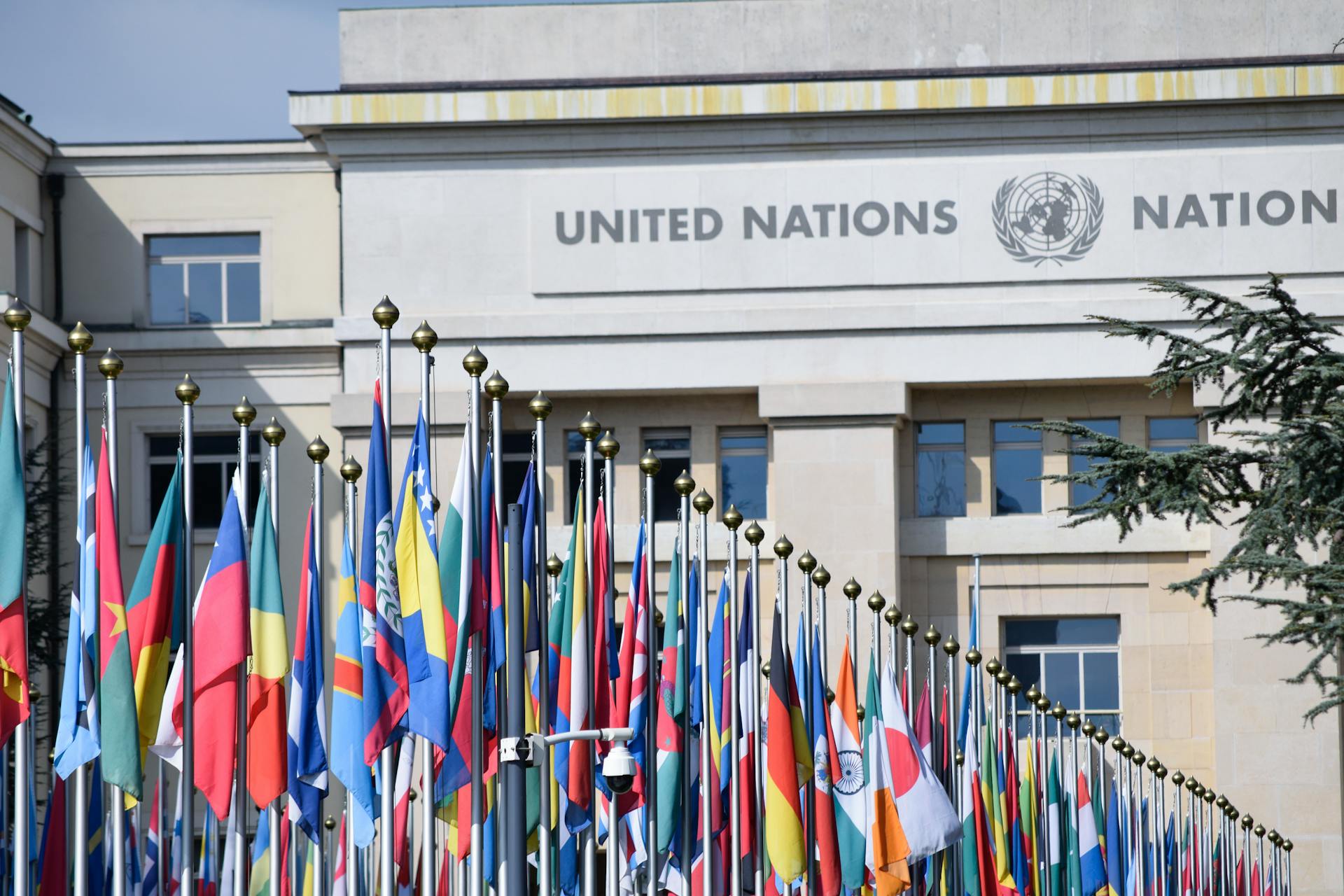Date

This blog has been co-authored by Ms. Naomi Majale from Oxfam in Africa who is the Just Economies Advisor for Oxfam in Africa, and Ms. Lurit Yugusuk who is a pan-African advocacy strategist for economic justice and rights.
Image courtesy, Center for Economic and Social Rights.
A landmark moment for the African economic justice movement unfolded at the 11th Pan-African Conference on Illicit Financial Flows and Taxation hosted in Accra, Ghana towards the end of 2023. Hosted by Tax Justice Network Africa (TJNA) and the African Tax Administration Forum (ATAF), the conference served as a powerful platform for stakeholders to discuss ‘Making Global Tax Governance Work for Africa’.
The resounding victory was realized at the 77th session of the United Nations General Assembly (UNGA), when the Africa Group’s proposal for an inclusive and effective international tax cooperation was approved by consensus. This move was a crucial step in the right direction towards ensuring equal participation by all in global tax issues and kickstarts an intergovernmental UN tax process to negotiate a new UN Framework Convention on International Tax Cooperation.
As the international community continues to take on the vital task of confronting and addressing systemic issues within the global tax governance framework, this effort must emphasize justice. This process must be centred on dismantling colonial legacies and rectifying historical biases while ensuring a level playing field for all nations and prioritizing the needs of the most vulnerable in our communities. With the global conversation shifting towards inclusive and equitable tax systems, the onus now lies with African governments to make deliberate attempts towards ensuring that the new global tax framework effectively addresses gender equality within the continent.
The global tax framework is intricately linked to fiscal policy and gender inequality in Africa.
African countries face persistent revenue shortfalls, hindering their ability to meet critical expenditures. This challenge is partly fueled by Illicit Financial Flows (IFFs) from the continent, where it is estimated that Africa loses approximately US$50 billion annually. This is coupled with regressive tax practices such as tax evasion, avoidance, inefficient administration, and unjustified tax incentives. Additionally, embezzlement of tax revenue, under-taxation of multinational corporations' profits, and wealth of the very rich further exacerbate the problem. Developing countries, most of which are African countries, are the most affected by corporate tax abuse, which results in the loss of at least US $ 483 billion in tax every year.
These practices have an impact on women and girls both explicitly- through differential treatment within tax policies- or implicitly- through social, cultural, and economic factors that shape the lives of men and women.
By way of example, an overemphasis on Value Added Tax (VAT), either by introducing or raising rates (as is currently being recommended by the IMF as a fiscal consolidation measure in many African countries), can have degressive, gender-discriminatory impacts. The uniform tax rate disproportionately affects those with lower incomes, most of whom are women. When basic food items or essential feminine hygiene products are taxed with VAT, female-headed households, especially those in impoverished communities, lose a significant portion of their income to such indirect taxes. A 2021 study by Oxfam, FEMNET, SEATINI – Uganda and TJNA found that in Uganda, for instance, a 2% increase in VAT could push an additional 1.2 million people, the majority of them women, into poverty.
Furthermore, when multinational corporations operating in Africa exploit tax incentives through aggressive planning and avoidance schemes, essential sectors like healthcare and social protection – services women rely heavily on – suffer due to decreased government spending. The United Nations Economic Commission for Africa (UNECA) estimates that illicit financial flows from Africa deprive the continent of resources needed to invest in critical social services, including an estimated $1.8 billion annually lost in health spending alone.
In light of this backdrop, a successful global tax reform initiative must address the differential impact of international tax practices on gender to promote fair and inclusive tax systems in Africa. Reforming the global tax framework to ensure multinational corporations pay their fair share of taxes, combined with loopholes that facilitate tax evasion and avoidance, could generate significant revenue for African governments, which can then be directed towards crucial social services such as healthcare, education and social protection.
How then can we collectively ensure fiscal justice for women and girls?
Fiscal policy remains a crucial tool used by governments worldwide to achieve economic stability within their respective jurisdictions. Taxes and government expenditure are the primary fiscal policy instruments employed by countries to promote equal economic opportunities and ensure equitable distribution of public resources. To achieve fiscal justice for women and girls, African governments must adopt explicit and targeted strategies. These strategies should go beyond simply raising revenue and ensure that tax systems and policies do not disproportionately burden women and girls, especially those in impoverished households.
As part of greater efforts to ensure that global tax governance works for Africa and to improve fiscal justice for women and girls in African countries, we advance that:
- African governments must prioritize tax reforms that improve the progressivity of tax systems by shifting overreliance from indirect taxes to direct taxes.
- The international community must prioritize curbing Illicit Financial Flows (IFFs) and tax evasion through enhanced broader surveillance, proper utilization of tax revenues and pursue advocacy on ethical behaviour.
- African governments must assess the Cost-Benefit of tax incentives to determine the efficacy of providing these incentives to development in their countries.
- Applying a gendered lens to the process of developing tax thus taking into account the impact that different taxes have on women and girls.
To learn more about the Regional Policy on Fiscal Justice for women and girls, read here.